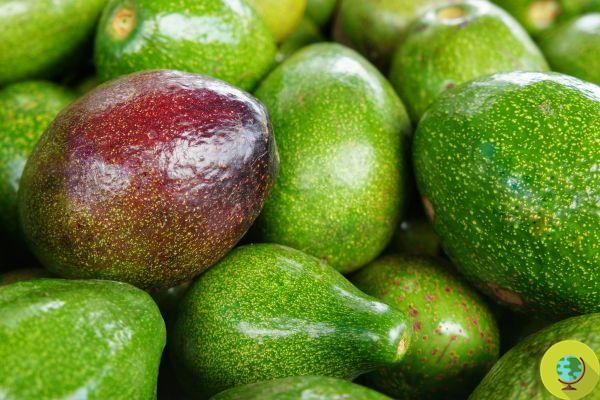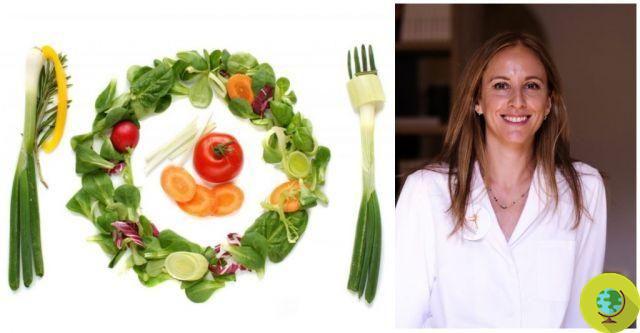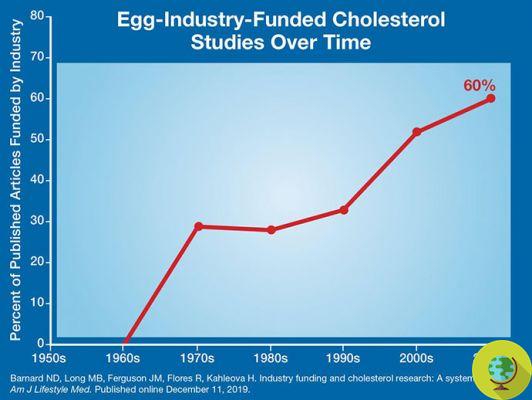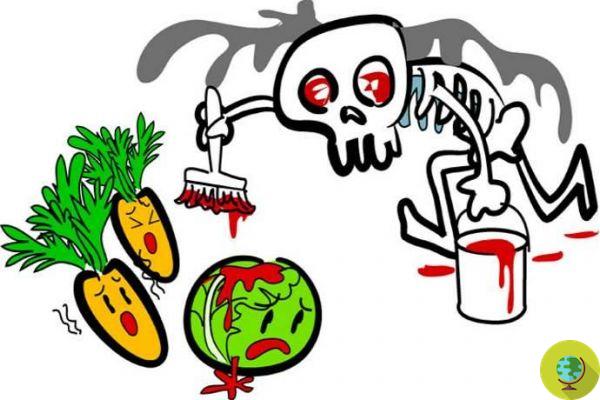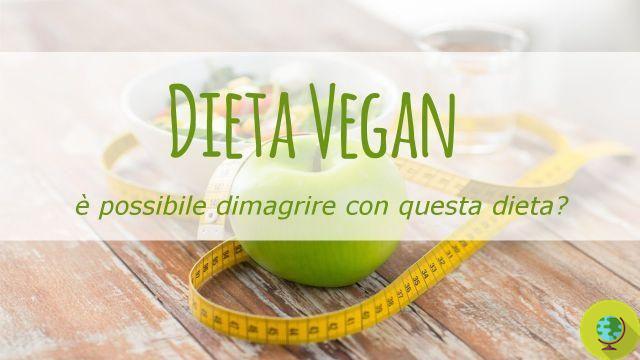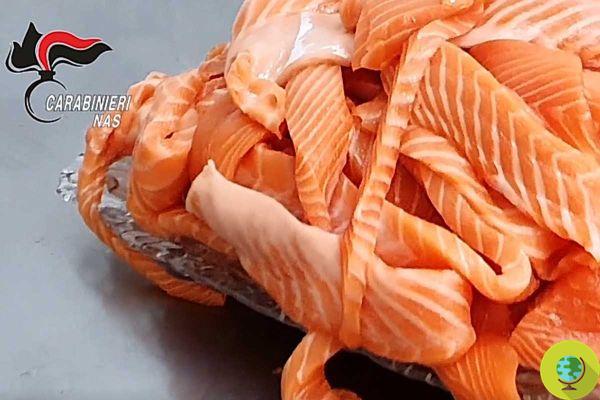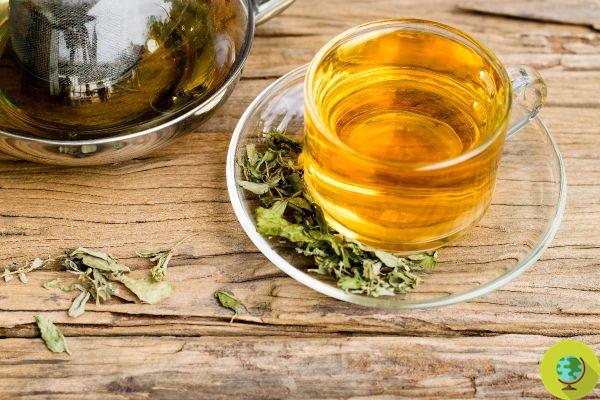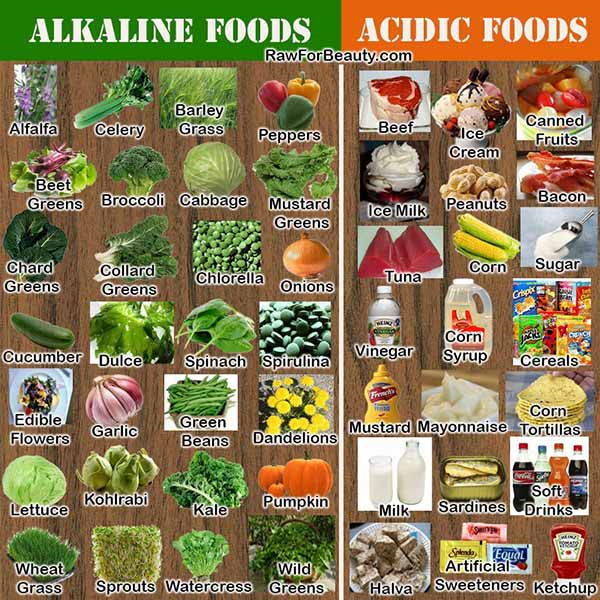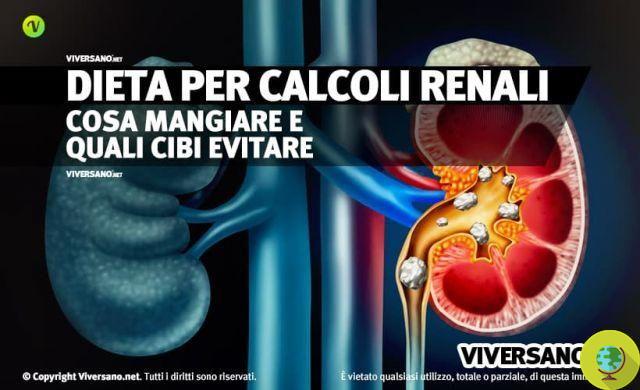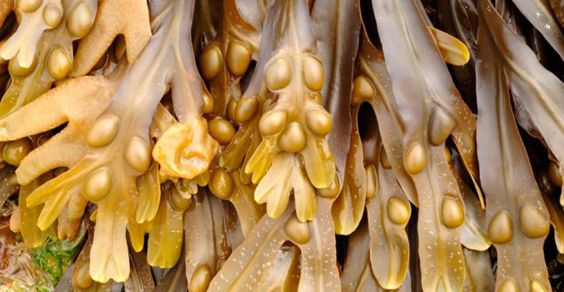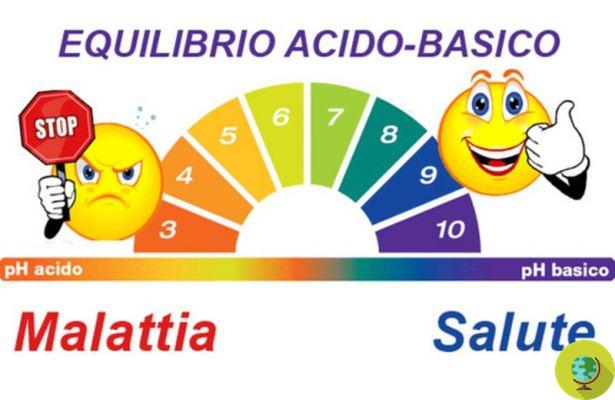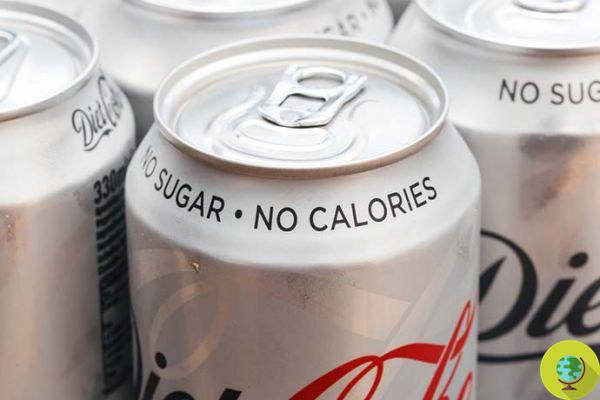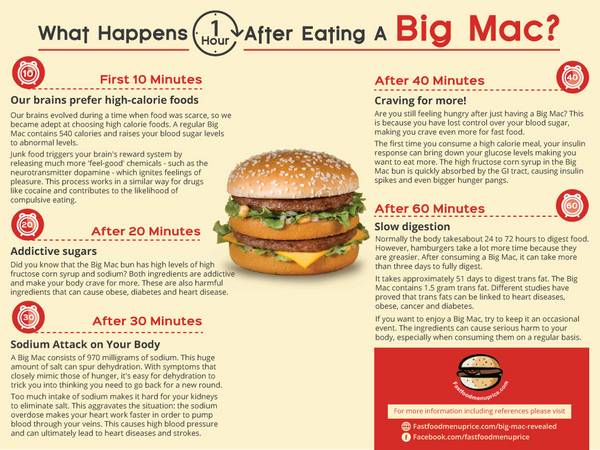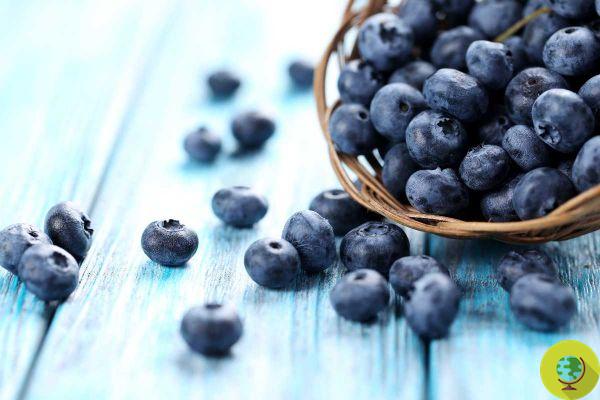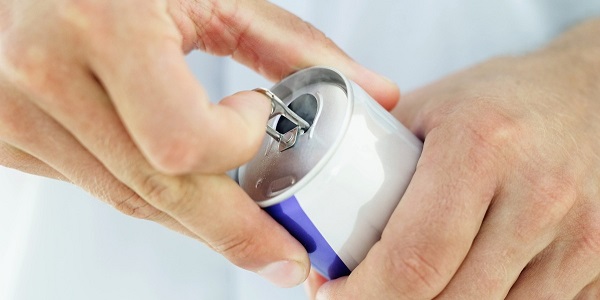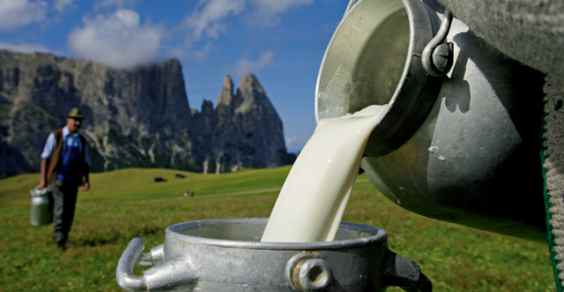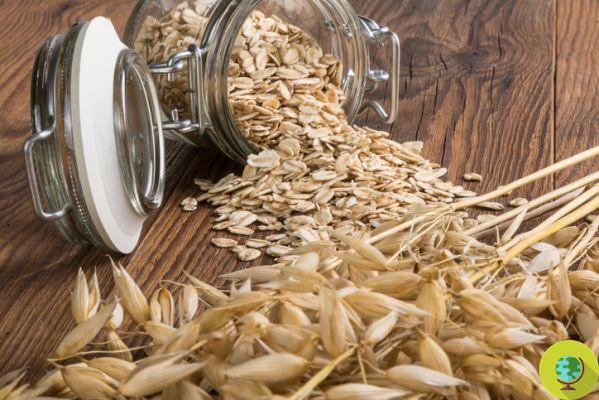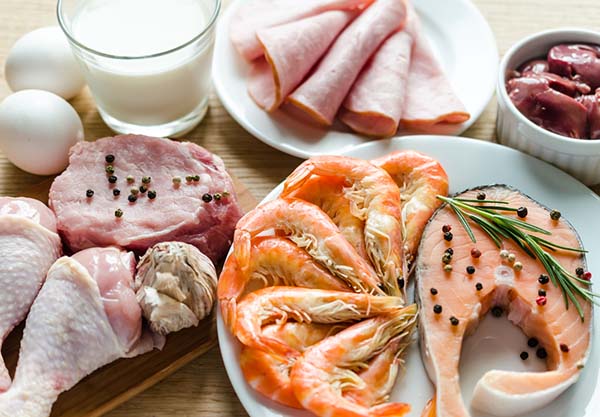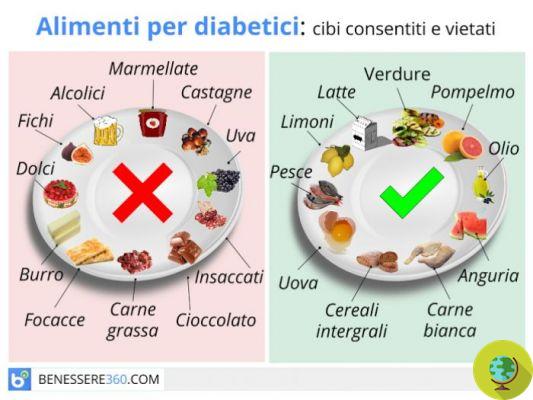Tea made from tap water may contain disinfection byproducts, some unknown
Don't store avocado like this: it's dangerousFor all those who love tea, an alert arrives: that prepared with tap water could contain disinfection by-products, some of which are unknown and therefore with uncertain health effects. The study was conducted by a research group from the University of South Carolina (USA).
Il tea it is the second most consumed drink in the world (after water) and is famously prepared by immersing the extract in boiled water. Research now reveals that, when tap water is used, chemical reactions could occur that lead to the formation of as yet unidentified chemical compounds.
Indeed residual chlorine in tap water can react with tea compounds to form disinfection by-products (DBP): The work specifically found 60 DBP in three types of tea, unexpectedly finding lower levels in brewed tea than in tap water itself, but noting many unknown DBPs with uncertain health effects.
As the American Chemical Society explains, disinfection is of course critical to ensuring the safety of drinking water, but the formation of DBP is inevitable. On the other hand, tea contains around 500 compounds, including polyphenols, amino acids, caffeine and others, which can react with chlorine to form other DBPs, some of which are linked in epidemiological studies to cancer and birth problems. Additionally, DBPs can form from reactions with compounds in the tap water itself.
The researchers brewed three types of tea and then measured the compounds using gas chromatography coupled with mass spectrometry. The measurements revealed higher levels of the 60 DBPs in tap water than in tea infusions, possibly because many compounds evaporated or were absorbed by the tea leaves itself.
But these 60 compounds were only 4% of the total organic halogen (a measure of all halogen-containing DBPs, the chemical elements of the seventh group of the periodic table, particularly reactive), indicating that most of these compounds in tea were not known. The team then identified 15 likely formed by the reaction of chlorine with phenolic and polyphenolic precursors naturally occurring in tea leaves.
Better not to make tea with tap water?
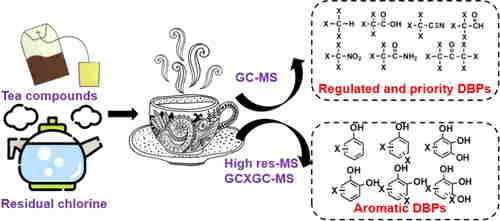
©Environmental Science & Technology
Researchers don't say this and no one justifies the use of bottled water. While reasonably safe levels have not yet been established for most DBPs, for the regulated ones, an average person should drink 18 to 55 cups of tea a day to exceed the limits set by the United States Environmental Protection Agency.
This does not mean that it is important to continue the studies, especially on compounds that are not yet regulated or on which there is no sufficiently solid scientific literature.
The work, funded by the National Science Foundation, the Chinese Scholarship Council and the University of South Carolina itself, was published in Environmental Science & Technology.
Sources of reference: American Chemical Society / Environmental Science & Technology
Read also:
- Green tea, all the amazing benefits backed by science
- Coffee VS green tea: differences, benefits and contraindications of the two most popular drinks in the world




